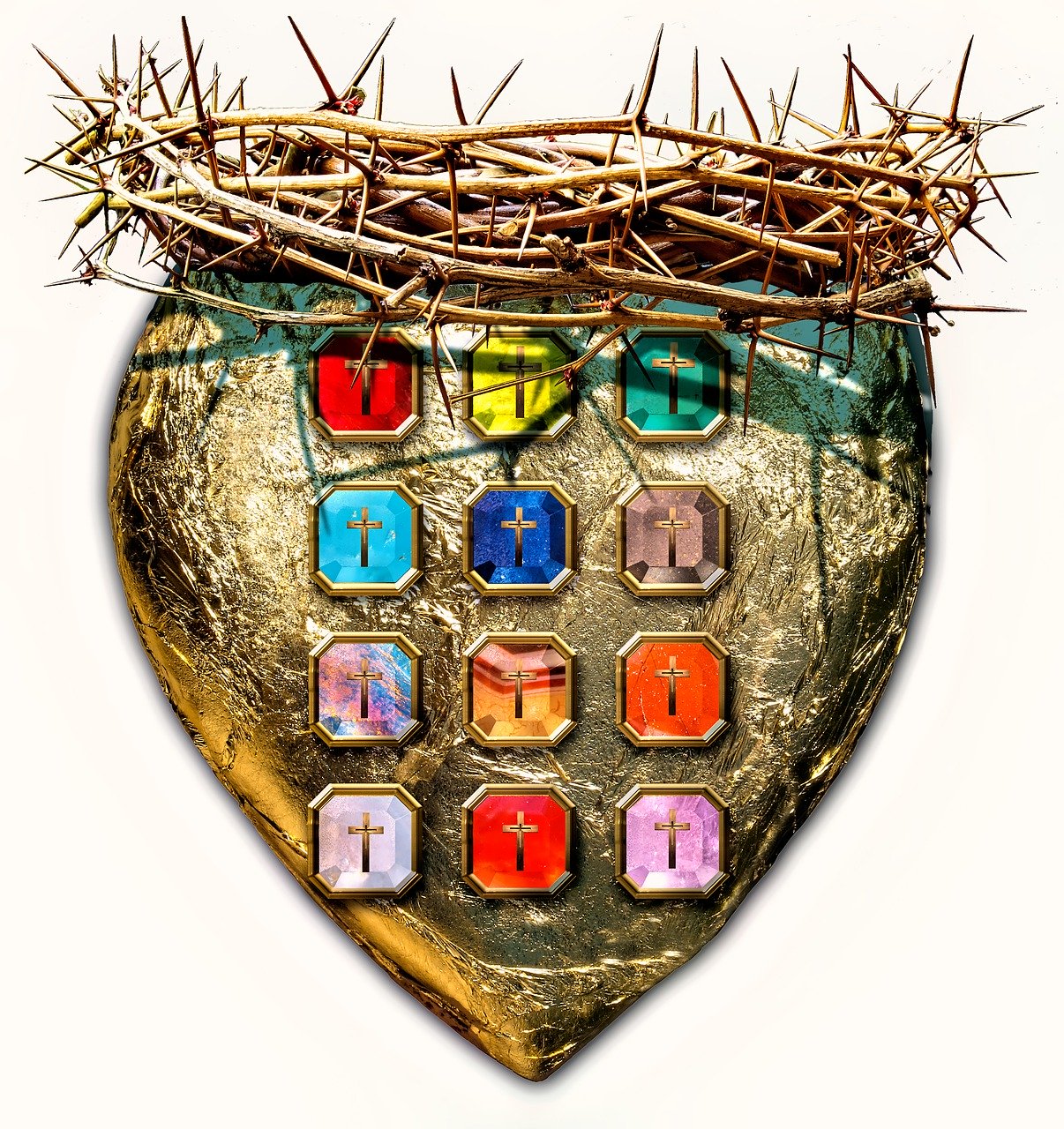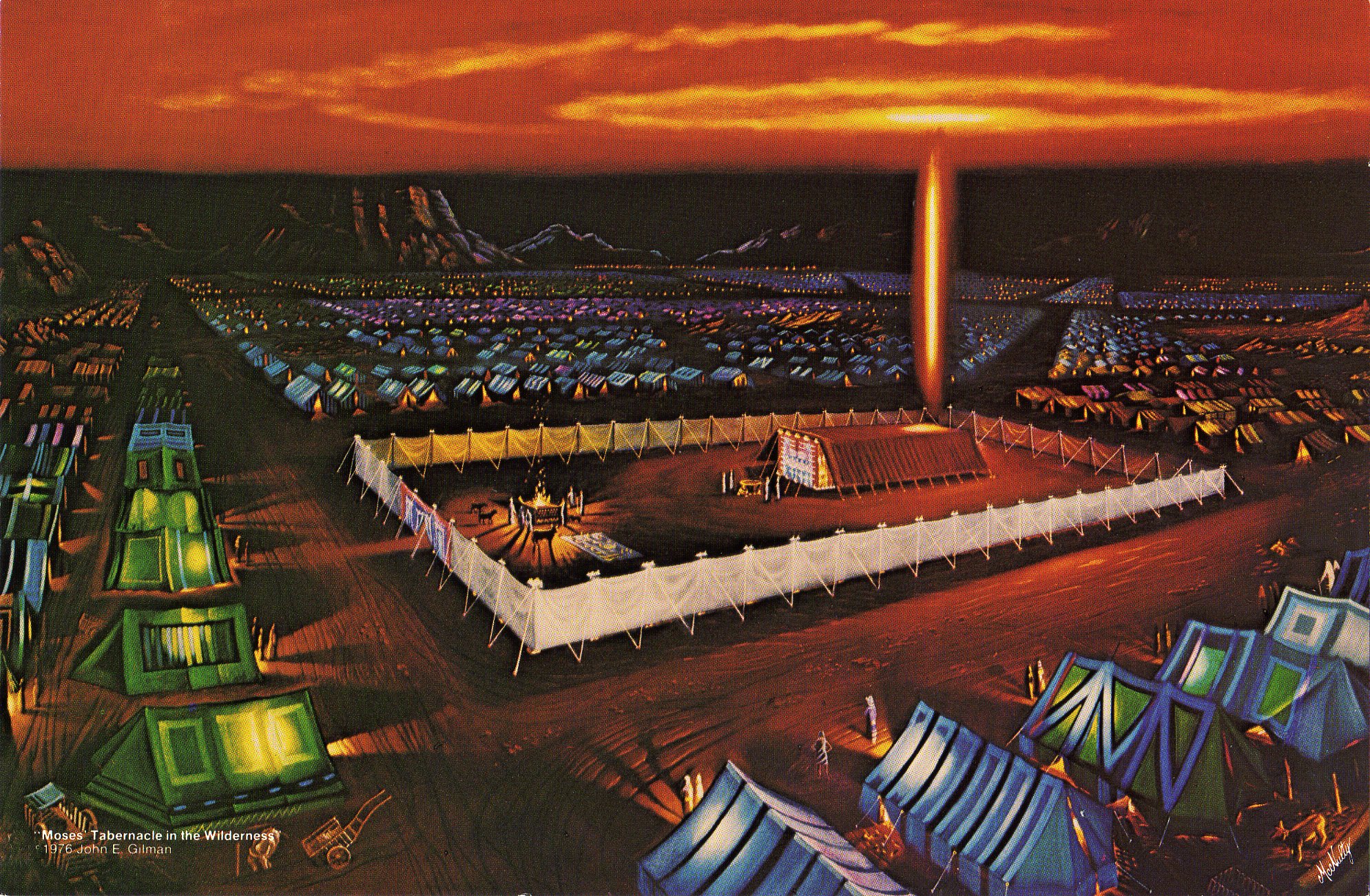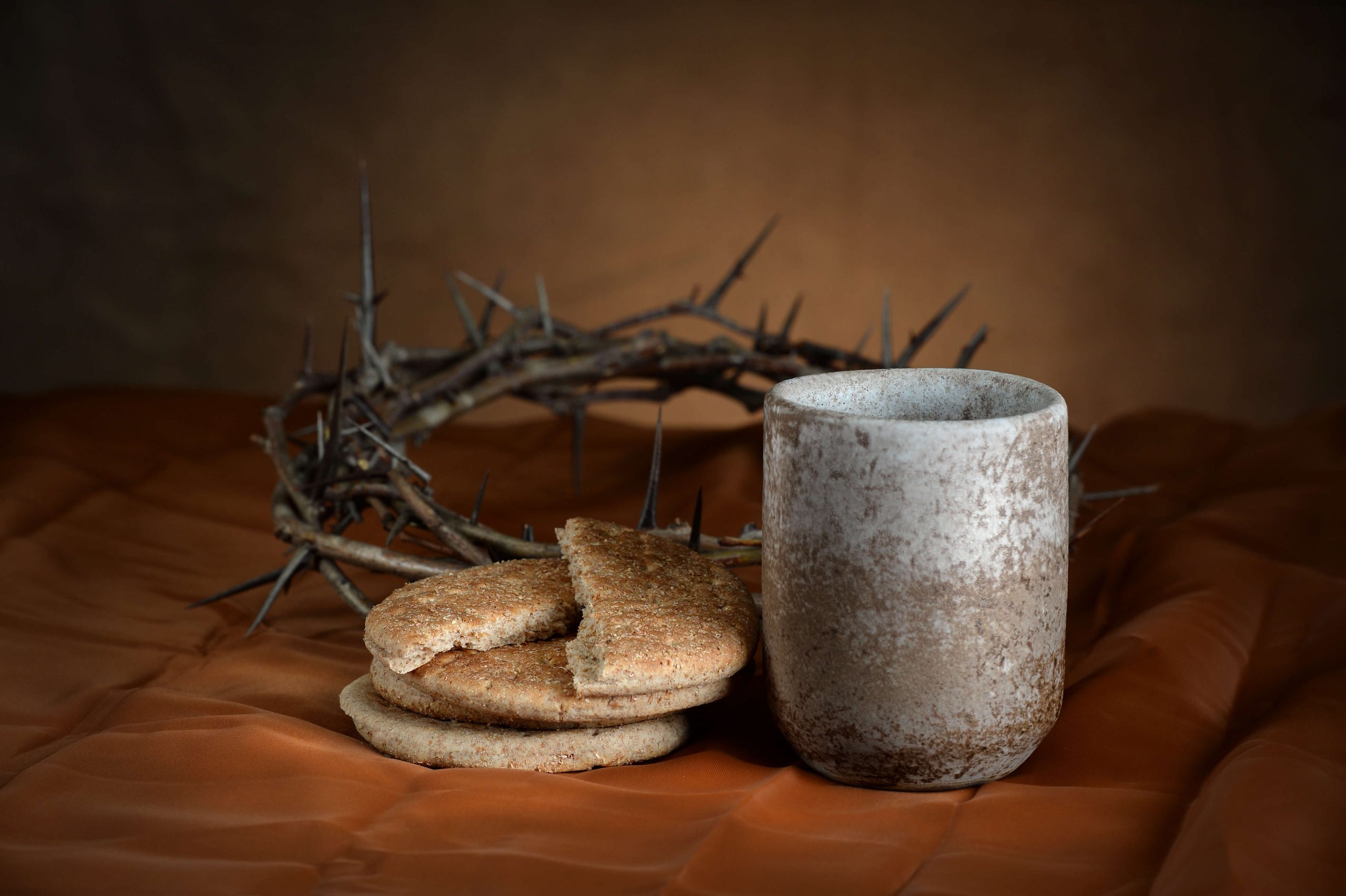My Bible reading today included Numbers chapter 16. It describes the rebellion of Korah. there are many layers, all of which add up to revealing how God responds to sin, how he executes righteous judgment, and how important reconciliation is to God, so much so that he ordained a priesthood just for that purpose.
In the main part of the story, Korah and other priests take censers and offer incense to God in defiance of Moses and Aaron’s authorized priesthood, denying that their authority came from God, accusing Moses of deceiving them in the promise of a good land. This infuriates God. When Moses and Aaron fall on their faces and ask God, “Will you punish the whole assembly for the sin of one man?” God’s response is to tell the assembly to move away from these three leaders so they won’t die. Moses thus tells the assembly that if they earth swallows these men up whole, the assembly will know that it is God who ordained the leadership and priesthood in Moses and Aaron.
After the people moved safely away the earth broke open and swallowed up these men and their families, burying them alive. Fire comes out from God and burns up the 250 priests Korah had assembled as his priesthood. (God tells Moses to take the brass censers, which he declares are now holy, and melt them down into sheets that are overlayed on the brazen altar as a reminder of this event.)
But the story doesn’t end here. The next day the people come grumbling again against Moses and Aaron, that they have killed all those people. God says, “Get away from these people so I can put an end to them!” Again Moses and Aaron fall on their faces before God, and Moses, knowing that God’s wrath has already released a plague, sends Aaron out with a censer to burn intercessory incense in the midst of the people to intercede for them so the plague will be stopped. Aaron obeys, and the plague is stopped, but only after over 14,000 people have died.
The questions arise: Why would God act so? Because this complaint of the people has happened again and again, and he has suffered long with them. They are not honoring their covenant made with him at Mount Sinai. Believing he is a just God, we can assume it is justice for him to put them to death. And he is doing so to avenge both himself and Moses, whom another time he offered to wipe out the people and start over with just Moses, and Moses refused and interceded for the people.
More interesting to me is the fact that Moses of the mediator’s heart knew immediately that if Aaron interceded, God’s appropriate sentence and execution of justice would be stayed. The picture I get is this: God, Moses and Aaron have been wronged. God judges and executes. Moses sends Aaron out to stop the sentence and Aaron obeys. As any man might, he may even wonder if the plague will infectiously kill him too as he runs into their midst, but any such thought doesn’t stop him. Aaron goes out into the midst of the people who have repeatedly accused Moses and he of arrogance and wrongdoing, and he burns incense and asks God to stop carrying out his just sentence. It is the one being sinned against asking God to stop avenging, to stop the punishment, to give life — undeserved life and grace — to the ones who sinned against him. And God responds. He listens and stops, not just here, but again and again in situations like this in the Biblical history of his relations with men. In fact, we learn through prophets that God looks for, and is actually pleased when someone comes in and stays the execution of judgment. He is pleased with that display of forgiveness, of grace, of mercy and love, of granting life when death is deserved — because that reveals a heart like his own.
This is my God, and our Father. And this is our calling. Around us, mankind deserves much judgment — as we do at times, known and unknown. We are not to overlook sin in ourselves and others. We are to face it and let it be judged, acknowledge it for what it is, then run to the throne of grace for ourselves and others, now with the blood of Christ to speak on our behalf, that holy red stream of love poured that that forever offers a covering and cleansing of sin.
Where God lets judgment be abated, let it be so in our hearts. Walking in faith with God is letting anger and judgment subside — whether directed at ourselves or others — and beginning anew in earnest to walk in grace and under grace. This is walking in truth and love. Love doesn’t ignore the truth, and truth was never meant to destroy love. As the word says, “Lovingkindness and truth have met together, righteousness and peace have kissed each other.” (Psalm 85:10, NASB)
Grace was present in Moses’ day as well as ours, because the God of all grace has not changed. His heart is eternally steadfast in his love of righteousness, and justice, and his creation….just one reason why I love Him so.
Tags
Related Posts
God Has Filled Your Hands
…Aaron’s sons, the anointed priests… were ordained to serve as priests… Numbers 3:3, NIV The …
Related Posts:
Follow New Covenant Life on instagram









Leave A Comment